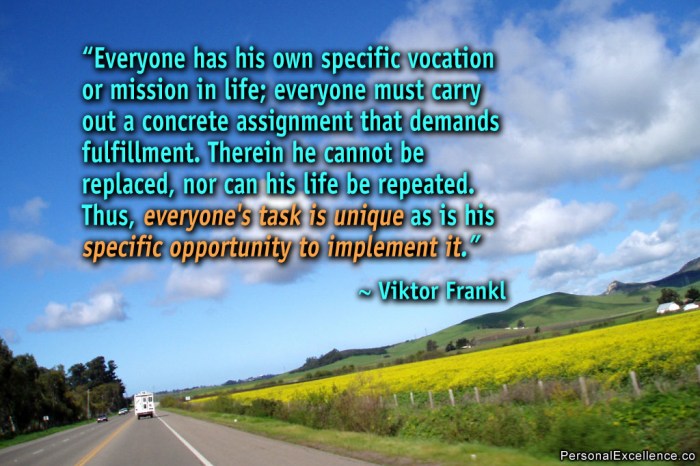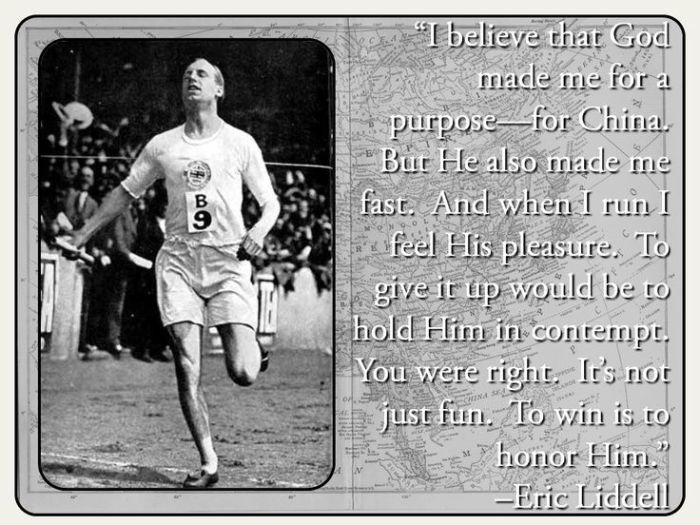My great friend, Brad recently posted this comment regarding a youth event I had organized: “25 YEARS AGO…probably the first youth camp at which I taught in the mornings. I was 21. The investment in me back then set me on course for where I am today. Thanks Lorne.” Wow, reading this makes me realize that you should never underestimate the impact you can have on a person’s life, at times without even realizing it.

The impact of holding a Christian Music Festival in Newfoundland was far reaching and maybe only eternity will reveal its true significance.
At that time, I felt like I was living two separate lives; one where I was starting my career in the financial services industry, the other referenced above, was more ministry focused. My goal was always to do my best to fulfill “the call” and purpose in life. Believe me, I thought much about “the call” to be a pastor, and many who have heard me speak have said, “You missed your calling” (because I am not a pastor now). Consider this: a calling is more about who we are to become rather than a particular job we do. Allow me to explain: I always considered 2 Timothy 4:2, “preach the word, be ready in season and out” as “my call.” Naturally, that meant becoming a pastor/preacher. However, it is important to consider the phrases that follow: endure hardship and fulfill your ministry. So during those years, I, in fact, endured difficult challenges and actually fulfilled my ministry by proclaiming biblical principles when in my office or a client’s home without even realizing it many times. My job title (financial planner) did not limit my ability to fulfill my call but actually created different opportunities that I otherwise would not have had.
Ken Boa writes, “Here’s one of the biggest paradoxes of the Christian faith … being is more important than doing and must precede it.” So the doing, (of our work in life) must flow out of our being (character). Don’t compartmentalize your life by separating who you are from what you do. When I viewed my life like this, I was most miserable.
It is always interesting to walk with someone on their journey in life. If you fast-forward to the present, I have now been able to merge my background as a financial advisor and ministry into my role as the National Director (Canada) for Kingdom Advisors. It is very exciting to find financial professionals who sense a call to the work they do everyday with their clients.
We are all on a journey toward significance. I could never have realized at the time that investing in Brad’s life would yield such dividends. He has since been instrumental in the lives of hundreds, maybe thousands, so the investment is worthwhile. It is important to realize that no matter what career you may be in, that sense of calling is key because it will help you seek out opportunities to invest in others and fulfill your ministry.
 My perspective was that my work as a financial advisor was not necessarily a “calling” but just a job (secular), while my “calling” as pastor was my true work (sacred). Can you sense the inner turmoil I was feeling? Had I missed my “calling” or was it possible that I could actually live it out by being a financial advisor? Did I have the wrong perspective to start with? Should I have even separated the two – the sacred and the secular?
My perspective was that my work as a financial advisor was not necessarily a “calling” but just a job (secular), while my “calling” as pastor was my true work (sacred). Can you sense the inner turmoil I was feeling? Had I missed my “calling” or was it possible that I could actually live it out by being a financial advisor? Did I have the wrong perspective to start with? Should I have even separated the two – the sacred and the secular? So whether I do the work of a pastor, financial advisor, director, bus driver, or teacher, you get the picture, the important thing is to be a good steward and be true to that call.
So whether I do the work of a pastor, financial advisor, director, bus driver, or teacher, you get the picture, the important thing is to be a good steward and be true to that call.

